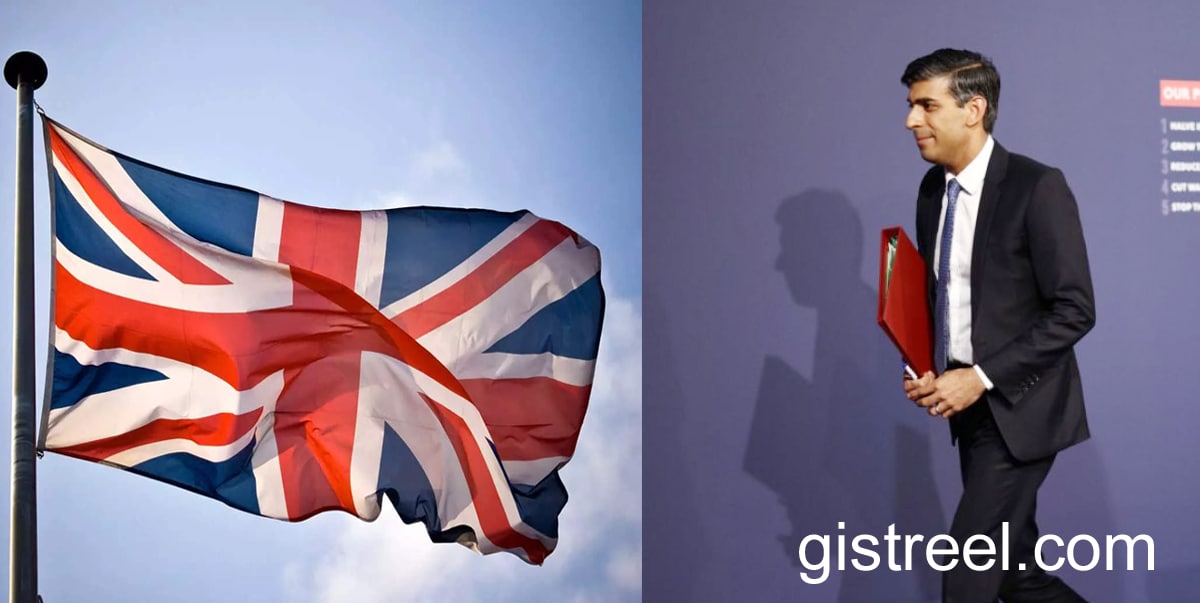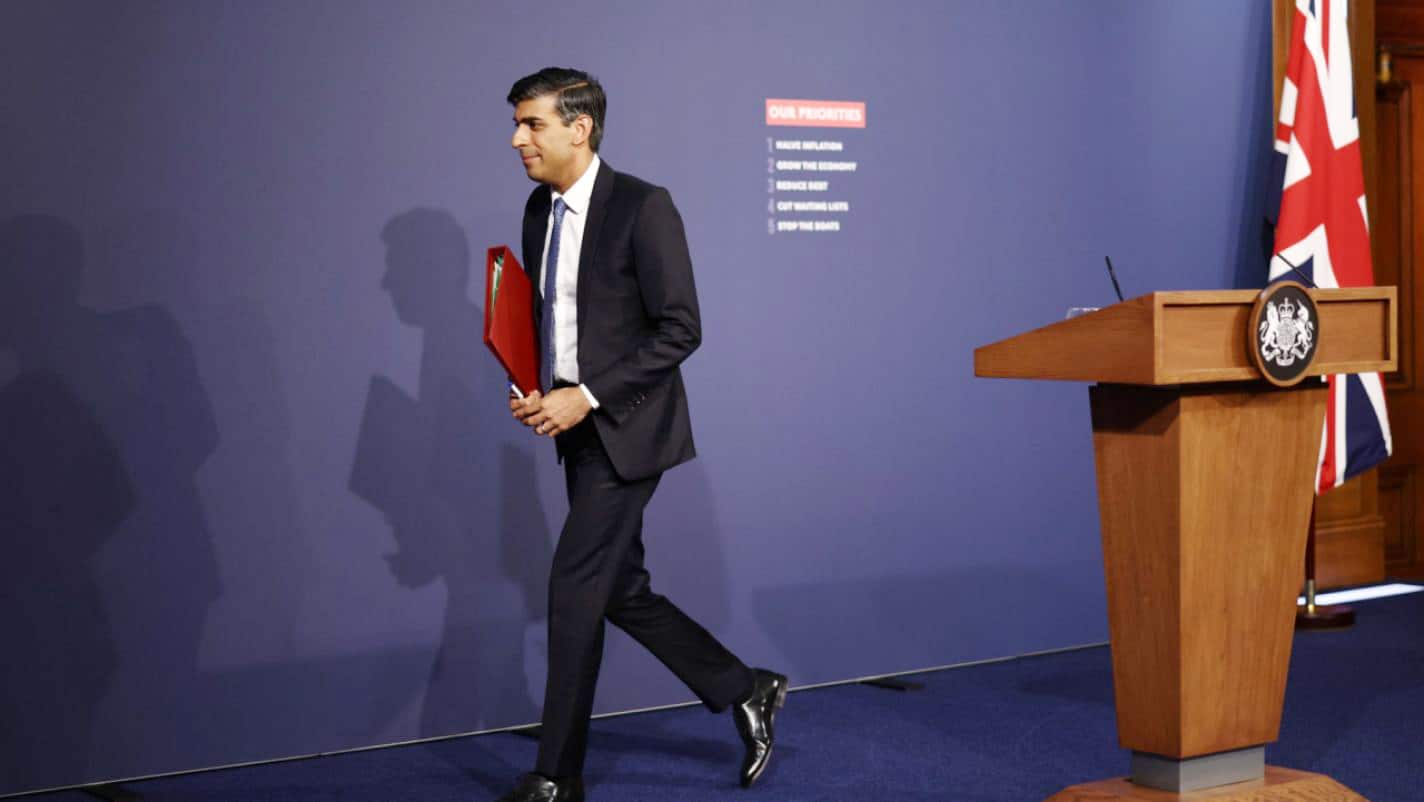UK Immigration Fee Hikes Face Criticism

The UK Immigration’s oldest medical union slammed the government’s proposals to raise the amount migrant workers pay to utilize the state healthcare system in order to support public-sector salary rises on Saturday.
The administration of Prime Minister Rishi Sunak approved recommendations this week to raise teacher, doctor, and police pay by 5.0 to 7.0 per cent.

Sunak ruled out raising taxes or borrowing from the government to fund the increase, instead claiming that increases in the Immigration Health Surcharge (IHS) and visa fees would raise £1 billion.
physicians in Unite, which represents junior physicians, general practitioners, and hospital consultants, were “appalled” by the plan, which would require migrants to pay twice as much to access the NHS.
You can check out:
- How Much is Canada Visa fee in Nigeria
- “He gave me fake visa” – Nigerian lady who paid N2.5 million to travel agent breaks down in tears (Video)
Most employees in the United Kingdom have National Insurance contributions deducted at the point of hire. “Migrants, like other workers, contribute to NHS funding through general taxation.”
“Doubling the NHS surcharge to more than £1,200 ($1,570) per year is an unjust additional penalty,” Unite doctors said.
“Migrants are effectively ‘taxed twice’ to access the same service,” the statement continued, calling the action “immoral and divisive.”
The IHS, which was introduced to discourage “medical tourism,” is now paid by the majority of migrants as entrance regulations tighten post-Brexit.
For stays of more than six months, it is paid per person in addition to visa fees. Over-18s pay £624 each year, while students and those under the age of 18 pay £470.
The government has proposed boosting the IHS for adults to £1,035, with a reduced rate of £776.
Work and visit visas will climb by 15%, while student and leave-to-remain visas, among others, will rise by at least 20%.
According to official data issued in May, net migration in the UK will reach a record 606,000 in 2023, putting additional pressure on the government, which has committed to reducing reliance on foreign labour.
Sunak has called legal immigration “too high,” and he is also dealing with a surge in asylum requests by migrants crossing the Channel in small boats.
Critics say that the IHS rises, which will be paid for by individuals or businesses, will exacerbate understaffing in several industries and drive high-skilled professionals and students elsewhere.
Praxis, a migrant and refugee organisation, has accused governments of treating people born outside the UK as “cash cows” at a time when they are already having to pay exorbitant visa renewal fees.
The Wellcome Sanger Institute, a genomics research institute, estimated it will spend more than £300,000 on immigration costs for its employees in 2023.
“These proposed increases create additional barriers for global talent… and will have a negative impact on UK and global science,” said Sarion Bowers, head of policy.









